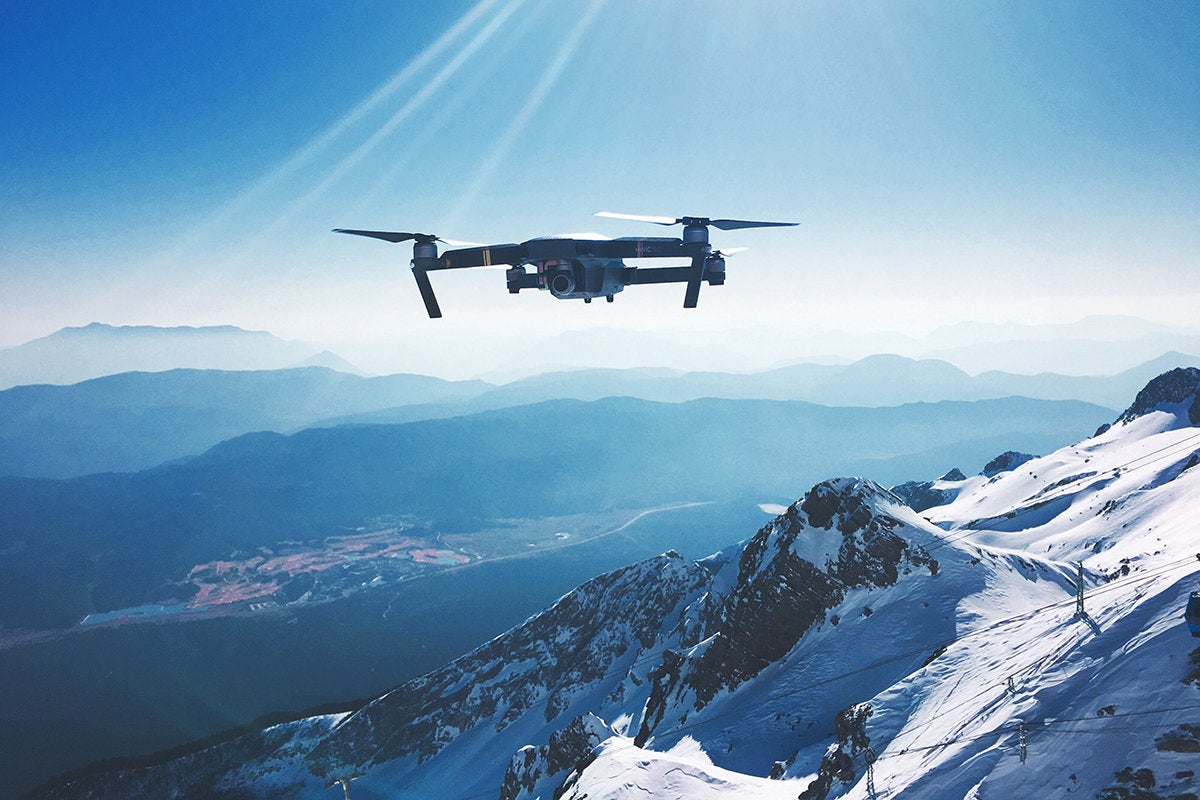7.9 KiB
No, drone delivery still isn’t ready for prime time
Despite incremental progress and limited regulatory approval in the U.S. and Australia, drone delivery still isn’t a viable option in the vast majority of use cases.

April has a been a big month for drone delivery. First, Alphabet’s Wing Aviation drones got approval from Australia’s Civil Aviation Safety Authority (CASA), for public deliveries in the country, and this week Wing earned Air Carrier Certification from the U.S. Federal Aviation Administration. These two regulatory wins got lot of people got very excited. Finally, the conventional wisdom exulted, drone delivery is actually becoming a reality.
Not so fast.
Drone delivery still in pilot/testing mode
Despite some small-scale successes and the first signs of regulatory acceptance, drone delivery remains firmly in the carefully controlled pilot/test phase (and yes, I know drones don’t carry pilots).
[ Also read:Coffee drone delivery: Ideas this bad could kill the internet of things ]
For example, despite getting FAA approval to begin commercial deliveries, Wing is still working up beginning delivery trials to test the technology and gather information in Virginia later this year.
But what about that public approval from CASA for deliveries outside Canberra? That’s a real business now, right?
Well, yes and no.
On the “yes” side, the Aussie approval reportedly came after 18 months of tests, 70,000 flights, and more than 3,000 actual deliveries of products from local coffee shops and pharmacies. So, at least some people somewhere in the world are actually getting stuff dropped at their doors by drones.
In the “no” column, however, goes the fact that the approval covers only about 100 suburban homes, though more are planned to be added “in the coming weeks and months.” More importantly, the approval includes strict limits on when and where the drones can go. No crossing main roads, no nighttime deliveries, and prohibitions to stay away from people. And drone-eligible customers need a safety briefing!
Safety briefings required for customers
That still sounds like a small-scale test, not a full-scale commercial roll-out. And while I think drone-safety classes are probably a good idea – and the testing period apparently passed without any injuries – even the perceived need for them is not be a great advertisement for rapid expansion of drone deliveries.
Ironically, though, a bigger issue than protecting people from the drones, perhaps, is protecting the drones from people. Instructions to stay 2 to 5 meters away from folks will help, but as I’ve previously addressed, these things are already seen as attractive nuisances and vandalism targets. Further raising the stakes, many local residents were said to be annoyed at the noise created by the drones. Now imagine those contraptions buzzing right by you all loaded down with steaming hot coffee or delicious ice cream.
And even with all those caveats, no one is talking about the key factors in making drone deliveries a viable business: How much will those deliveries cost and who will pay? For a while, the desire to explore the opportunity will drive investment, but that won’t last forever. If drone deliveries aren’t cost effective for businesses, they won’t spread very far.
From the customer perspective, most drone delivery tests are not yet charging for the service. If and when they start carrying fees as well as purchases, the novelty factor will likely entice many shoppers to pony up to get their items airlifted directly to their homes. But that also won’t last. Drone delivery will have to demonstrate that it’s better — faster, cheaper, or more reliable — than the existing alternatives to find its niche.
Drone deliveries are fast, commercial roll-out will be slow
Long term, I have no doubt that drone delivery will eventually become an accepted part of the transportation infrastructure. I don’t necessarily buy into Wing’s prediction of an AU $40 million drone delivery market in Australia coming to pass anytime soon, but real commercial operations seem inevitable.
It’s just going to be more limited than many proponents claim, and it’s likely to take a lot longer than expected to become mainstream. For example, despite ongoing testing, Amazon has already missed Jeff Bezos’ 2018 deadline to begin commercial drone deliveries, and we haven’t heard much about Walmart’s drone delivery plans lately. And while tests by a number of companies continue in locations ranging from Iceland and Finland to the U.K. and the U.S. have created a lot of interest, they have not yet translated into widespread availability.
Apart from the issue of how much consumers really want their stuff delivered by an armada of drones (a 2016 U.S. Post Office study found that 44% of respondents liked the idea, while 34% didn’t — and 37% worried that drone deliveries might not be safe), a lot has to happen before that vision becomes reality.
At a minimum, successful implementations of full-scale commercial drone delivery will require better planning, better-thought-out business cases, more rugged and efficient drone technology, and significant advances in flight control and autonomous flight. Like drone deliveries themselves, all that stuff is coming; it just hasn’t arrived yet.
More about drones and the internet of things:
- Drone defense -- powered by IoT -- is now a thing
- Ideas this bad could kill the Internet of Things
- 10 reasons Amazon's drone delivery plan still won't fly
- Amazon’s successful drone delivery test doesn’t really prove anything
Join the Network World communities on Facebook and LinkedIn to comment on topics that are top of mind.
via: https://www.networkworld.com/article/3390677/drone-delivery-not-ready-for-prime-time.html#tk.rss_all
作者:Fredric Paul 选题:lujun9972 译者:译者ID 校对:校对者ID